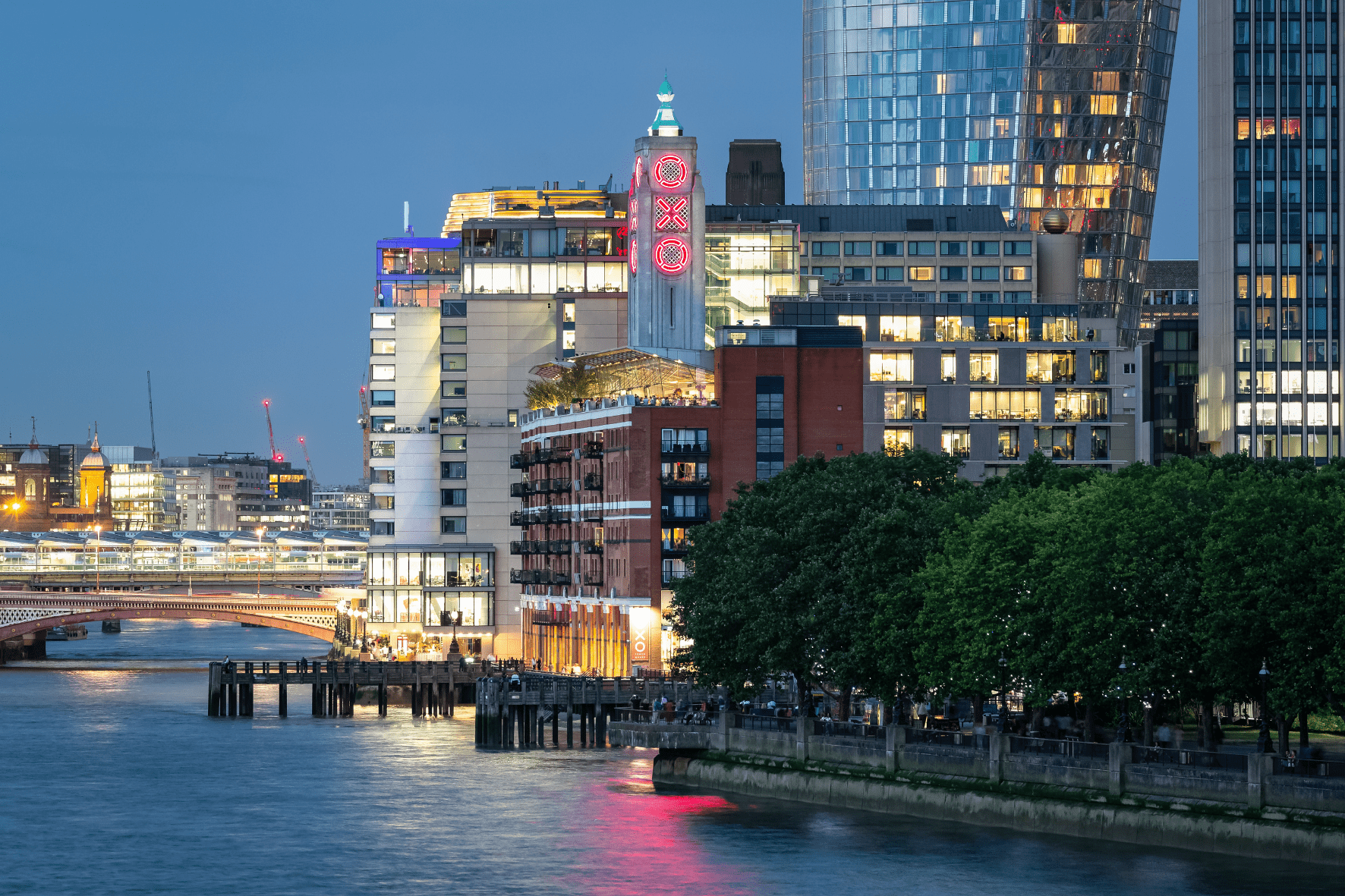
Josh Westerling
Policy Manager
Labour and levelling up have always had a complicated relationship. The phrase was coined by the Conservative Party in the run up to the 2019 election, and the left has since been sceptical of whether levelling up actually aims to reduce regional inequality. Labour looks set to ditch the phrase post-election, despite the abnormal cut through that it has with the public. At the same time, the party has begun to warm up to the agenda, admitting that much of the analysis of the Levelling Up White Paper was ‘good’.
Labour’s plan to power up Britain
Stifled by the Treasury, political chaos, hoarding of power in Westminster, and an inaccessible and competitive bidding processes, Labour feels levelling up was killed at birth. They’re looking to distance themselves from the messy history of the phrase while setting out their own agenda. Labour’s plan to address regional inequality rests on three economic reforms: empowering communities to unlock their potential; creating an active centre of government to get the benefits of scale; and developing partnerships between the central government, local leaders, and the private sector.
This plan relies heavily on the idea that cities can increase productivity and growth through scale, density, and diversity – what is known as agglomeration. Labour believes that many major English cities are held back by being ‘less dense, less well connected, and less well equipped to take advantage of their strengths’. These cities cannot benefit from and nurture what they excel at due to a lack of a coherent industrial strategy. And insufficient devolution means that many areas do not have the powers they need to grow.
Labour says we need to empower communities to power up Britain. But what they actually mean is regional Mayors. Because they control functional economic areas, Labour’s view is that from a policy perspective this is the right level to tackle skills, transport, housing, and other labour market issues.
Labour knows that this focus at the regional level doesn’t quite match their commitment to empower communities. So, they talk about the importance of high streets and have committed to a Community Right to Buy to give communities the power to buy up empty shops, pubs and community spaces. Still, even with these welcome nods, Labour’s plan needs to more fully recognise the civic element of levelling up, and the contribution communities and community business can make to achieving this.
Rebalancing levelling up for communities
The civic element has two components.
First, people need to see and feel their area improving. That’s why high streets are important. So too are places to meet and connect – what policy wonks call social infrastructure. Pubs, cafes, community centres, and parks. Losing these places or seeing them get worse feeds into a sense of decline. Improving productivity and growth won’t equal ‘levelling up’ in the public’s mind if the physical and social fabric around them is not improving too.
Secondly, communities need to feel they are in control. Instead, many feel a sense of helplessness that things are not going right in their local area but no one in the community can do anything about it. Both Starmer and Rayner have spoken of the ‘alienation’ and ‘powerlessness’ that people feel. Levelling up itself was a response to this, as is Labour’s ‘Take Back Control’ Bill. It is a constant refrain in Labour’s rhetoric.
As things stand with Labour, though, empowering communities means empowering regional Mayors or local authorities. While no doubt important, this will not address the alienation or powerlessness people feel, even if it is an appropriate scale for certain policy areas. People trust local residents (47%) and community groups (39%) to make decisions that impact their area. But at the same time, across all voter groups, 71% people feel that local and national government do not give residents and community groups the freedom to improve their local area.
Not only do we need to rebalance the country, Labour needs to rebalance their plans to power up Britain. The civic aspect of levelling up needs as much weight as the economic one.
Improving the physical and social fabric
Labour is putting a lot of stock in a Community Right to Buy to firm up the civic pillar of levelling up. It is an important step, but more needs doing.
If given the opportunity to form a government, Labour needs to improve the physical fabric of places by restoring important buildings and providing places for people to meet and form relationships within those walls. Alongside the Community Right to Buy, Labour can do this by committing to extending and expanding the Community Ownership Fund (COF) – due to spend out this year. This will signal that Labour recognises that resources need to accompany new powers. In the context of the fire sale of council assets, where it is necessary to save an asset, Labour should let communities use COF funding to buy public assets they care about to prevent them from being lost, for example by releasing funding for Assets of Community Value.
On the high street, there’s a unique context for Labour to consider. Communities struggle to compete with private owners as they can’t raise capital as fast. We know the COF is not agile enough to plug this gap. Instead, Labour should establish a British High Street Investment Vehicle that can quickly purchase important high street assets on behalf of the community and transfer them into community ownership over time.
It’s clear what’s needed: powers, and a strong Community Right to Buy, alongside a new iteration of the COF, and a British High Street Investment Vehicle. Together these will improve both the physical and social fabric of places.
Addressing powerlessness
While a Community Right to Buy would increase community power over asset ownership, it won’t address powerlessness over public services and how money is spent in a local area. There is nothing more disempowering than the feeling of coming up against a bureaucracy that does not hear you, however loud you shout. There is nothing more annoying than money spent in your local area in a way that the community do not want.. People want a say over the services and spending decisions in their local area as well as the spaces.
To do this, we need a new package of community rights. A Community Right to Shape Services would enable local communities to trigger a joint review of a particular local service, conducted by the local authority or relevant public body alongside local organisations and service users as well as the provider. There would be a set period of community consultation and co-design, with the option of triggering a full commissioning exercise. The result of this process might, for instance, result in a decision to insource a service.
Where there is an accountable community-level institution such as a parish council, a Community Right to Control Investment could boost community power. It would mean that a significant proportion of all public regeneration and local economic devolution funds allocated to that area would be controlled and invested directly by that community-level institution. Nothing shows you trust someone like putting money in their hands. That’s really empowering communities.
But, a party motivated by social justice will know that only opening up community-level funding to parish councils would mean that wealthier, rural areas would tend to benefit. Every place should have an accountable community-level institution if it wants one. Ideas like Community Covenants can provide a mechanism for Labour to bring local people, community organisations and local authorities together to share power and make decisions.
Rather than a radical reset, this is more a Fabian evolution of Labour’s existing offer to power up Britain. Shoring up the civic pillar of levelling up, alongside the economic one, would provide Labour with an agenda that is more likely to convince a sceptical public. And, in a decade of national renewal, it may deliver tangible improvements in people’s lives before economic transformation. This would create a strong basis from which to power up Britain.



